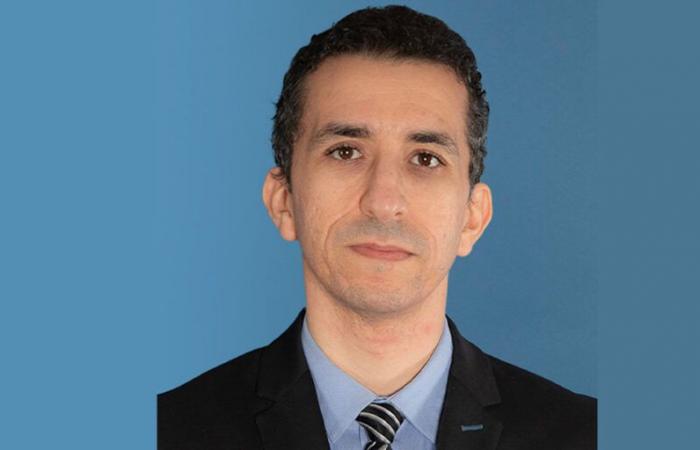Abdelaziz Ait Ali
Economist and head of the economics research department at the Policy Center for the New South
Faced with the global rise of protectionist policies, how can Morocco transform this trend into an opportunity? Abdelaziz Ait Ali, economist, highlights the most exposed sectors, and draws up an overview of the opportunities that Morocco should seize to do well.
Which sectors are most vulnerable to protectionist policies in the world?
Regarding the sectors highly exposed to this phenomenon, two or three are often cited, in particular those linked to the industries of tomorrow, namely the green economy and cutting-edge technologies. The American Inflation Reduction Act, the European Net Zero Industrial Act and the Chinese 2035 program all have a strong green economy component.
Each world power perseveres either to preserve its comparative advantage, like China, or to catch up, like the United States, or to readjust its arsenal in the face of the aggressiveness of other partners, like the European Union. The green transition of the global economy involves a shift towards disruptive economic models, and most future growth will come from this sector. Each world power wishes to take advantage of this and establish itself internationally as a key player.
Thus, behind the green transition objectives there are also purely economic objectives and the maintenance of economic hegemony. The second sector in the spotlight is that of advanced technologies, in particular the latest generation semiconductors.
In this area, the Western bloc, under the leadership of the United States, maintains its advantage and seeks to prevent China from accessing this know-how. The trade in rare minerals is also subject to these distortions, and countries that have them use them as a strategic lever.
China, for example, has banned the export of certain products crucial to the manufacturing of microprocessors and green products. Indonesia has adopted a similar approach, and other countries regularly threaten to use this strategy to create an enhancement ecosystem in their economy and exert pressure on other powers.
What about Morocco?
I think we need to follow these developments very closely and seize every opportunity. There are certainly risks, because we do not know precisely where the world is heading, but opportunities are emerging for Morocco. Indeed, the Chinese are more than ever interested in investing and using Morocco as an export platform to European and American markets.
Morocco aspires to play this role of connector between the Sino-Asian bloc and the West. In fact, numerous investments in the electric car sector have been announced, which would hardly have been possible without this new global configuration, particularly in sectors with high potential.
With its free trade agreement with the United States, Morocco is legitimately positioned to position itself as a gateway to the American market. Subsidies provided under the Inflation Reduction Act allow economies with a free trade agreement with the United States to benefit fully. Asian industries, and not just Chinese, are therefore very interested in this window of opportunity that Morocco offers.
In my opinion, Morocco is in pole position to take advantage of these global changes and this new direction that we have adopted. The country can build on the progress made in recent decades to strengthen its integration into global value chains. It may seem counterintuitive, but the best response to protectionism is more openness. The reorganization of these chains could even offer new opportunities for our economy.
Will the reorganization of global value chains be enough to propel the Moroccan economy to new heights?
Remember that Morocco has posted average growth of 3 to 3.5% for more than a decade, respectable, certainly, but which remains below the country’s aspirations and insufficient to create large-scale employment opportunities. These global changes blur consensus rules, introduce uncertainty, destabilize global balances, but ultimately lead to a new balance.
To seize the opportunities offered, we must address the strategic challenges that are holding back our progress. The issues of the labor market, education and its compatibility with the needs of the economy, as well as the business climate in general, should constitute, among others, the center of concerns of our policy makers. We can certainly overcome and manage these international trends, but we cannot circumvent these domestic challenges.
From there, Morocco can strengthen its attractiveness for Chinese, Korean or Asian investments in general and allow national investors to join these multinational companies which wish to access the American and European markets, and consolidate their competitiveness in a world where fragmentation is increasing.
Maryem Ouazzani / ECO Inspirations






